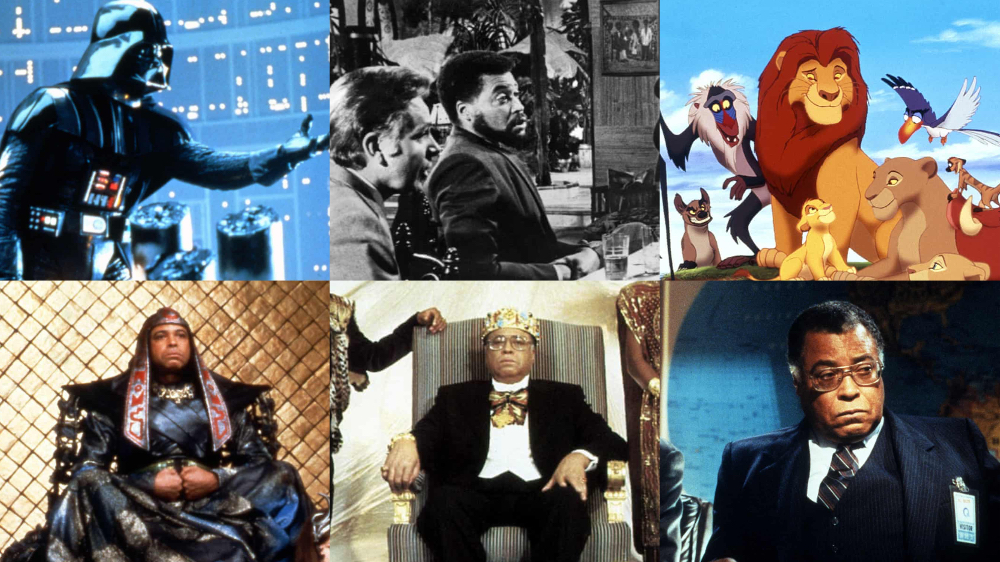
I know I have said that my intention with the biographical essays was to concentrate on British talent. However, the sad news of James Earl Jones’ passing made me decide to make an exception. After all, Mr Jones spent a fair amount of time over here both making films and appearing on stage. Besides, as I’ve said before, I write ‘em so I chose ‘em! I also wanted to say a few words because there was quite an outpouring of sorrow across the social media groups I’m a part of. Even the ones that were nothing to do with cinema.
James Earl Jones was known for his commanding presence and deep, resonant voice, both on and off the screen. While he had often portrayed powerful and authoritative figures, those who knew him personally described him as a gentle, humble, and down-to-earth man. His colleagues and friends often spoke of his kindness, intelligence, and dedication to his craft and he was known for his generosity and willingness to mentor younger actors. Despite his immense talent and fame, Jones maintained a relatively private life. He was known for his love of family and his appreciation for the simple things in life.
Join the PERA (Personal Entertainment Research Assistant) waitlist.
The World’s Most Indispensable Movie App
The RunPee app tells you the best times to
run & pee during a movie
so you don't miss the best scenes.
Download the RunPee app.
100% free (donation supported)
James Earl Jones was born on 17th January 1931, in Arkabutla, Mississippi. It’s hard to imagine now but, as a child, he suffered from a severe stutter. He put this down to family trauma arising from his father leaving shortly after his birth and being uprooted from his Mississippi home and moved nearly a thousand miles north to his grandparents farm in Michigan. His stutter was so severe that he quite simply refused to speak throughout his primary school days and well in to his secondary school. Fortunately he was assigned an English teacher named Donald Crouch. Mr Crouch discovered he had a gift for writing poetry and urged him to challenge his reluctance to speak through reading poetry aloud to the class which helped him end his silence.
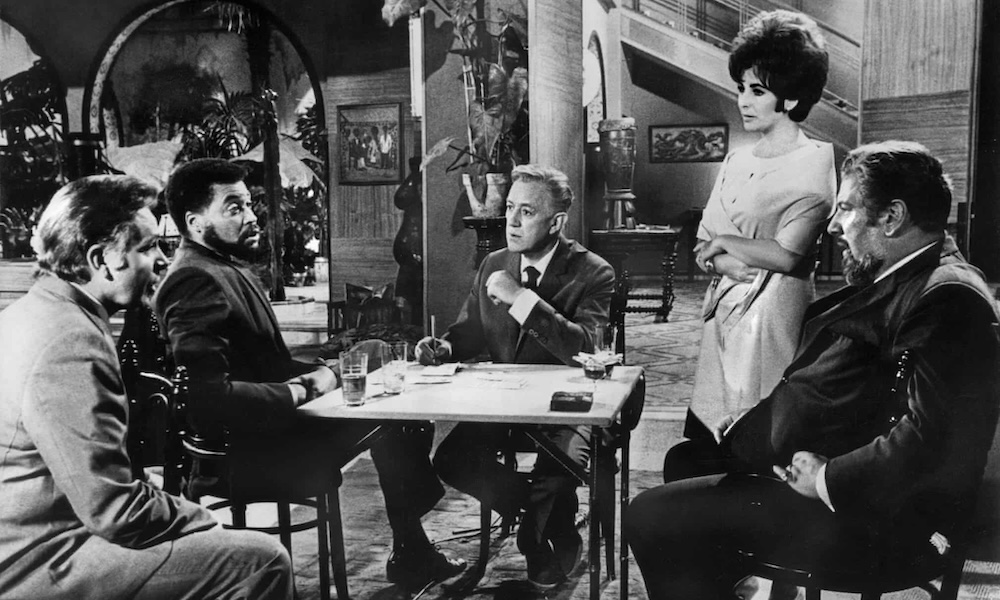
On leaving school James went to the University of Michigan where he followed a pre-med course. While there he joined the Reserve Officers’ Training Corp (ROTC) where he excelled and flourished within the structure of the military environment and enjoyed the camaraderie of his fellow cadets. After his first year he switched directions academically. He assumed that his time in the ROTC would earmark him for service in the Korean War so he decided to follow a course that he enjoyed while he was still exempt from active service. He graduated from the university in 1955 with a Bachelor of Arts, majoring in drama. As it so often happens, the Korean War had finished shortly before his commission came through.
After three years in the army, James received an honourable discharge at the rank of 1st Lieutenant. From here he went to New York, where he studied at the American Theatre Wing and worked as a janitor to support himself. His involvement in the theatre went back further though. In 1953 he worked at the Ramsdell Theatre in Manistee, Michigan. He started as a stage carpenter and between 1955 and 1957 he acted and was a stage manager. In his first acting season at the Ramsdell, he portrayed Othello so he was obviously up for the more prominent roles. And it was in 1957 that he made his Broadway debut. His first role was as an understudy in a short lived play called The Eggheads by Molly Kazan. But it was only a few months later in January 1958 that he got his first featured role in Sunrise In Campobello.
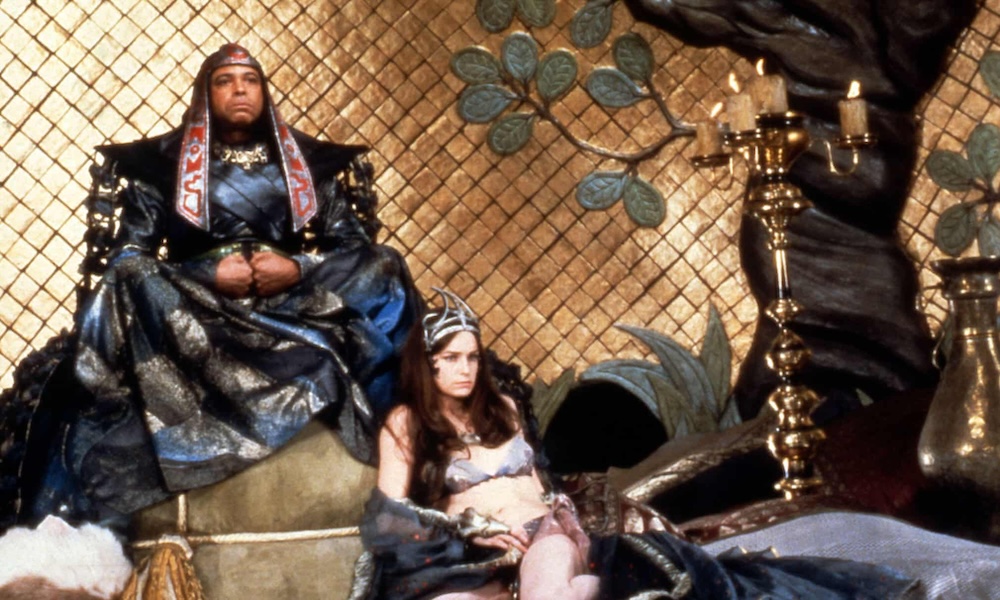
The 1960s saw him establish himself as one of the best known Shakespearean actors of the time. He tackled roles such as Othello and King Lear, Oberon in A Midsummer Night’s Dream, Abhorson in Measure for Measure, and Claudius in Hamlet all at Shakespeare in the Park. It was one of his performances in Central Park that landed him his feature film debut role. During a production of The Merchant Of Venice, James was playing the Prince of Morocco while George C Scott was playing Shylock. A certain Mr Stanley Kubrick was there to watch Mr Scott’s performance prior to casting him in Dr. Strangelove or: How I Learned to Stop Worrying and Love the Bomb. While there Mr Kubrick also found someone to play young Lt. Lothar Zogg, the B-52 bombardier…James Earl Jones.
Never one to rest on his laurels, James continued his prodigious work rate on stage and screen. He appeared in The Comedians based on the Graham Greene novel of the same name. This time he found himself rubbing shoulders with the likes of Richard Burton, Elizabeth Taylor, Peter Ustinov, and Alec Guinness. The film was released in November 1967 but, by December, James was making waves back on the stage in Howard Sackler’s play The Great White Hope. This play was exceptionally well received when it transferred to Broadway. The play won a Pulitzer Prize for Drama while James won the first part of his EGOT; a Tony Award for Best Actor in a Play.
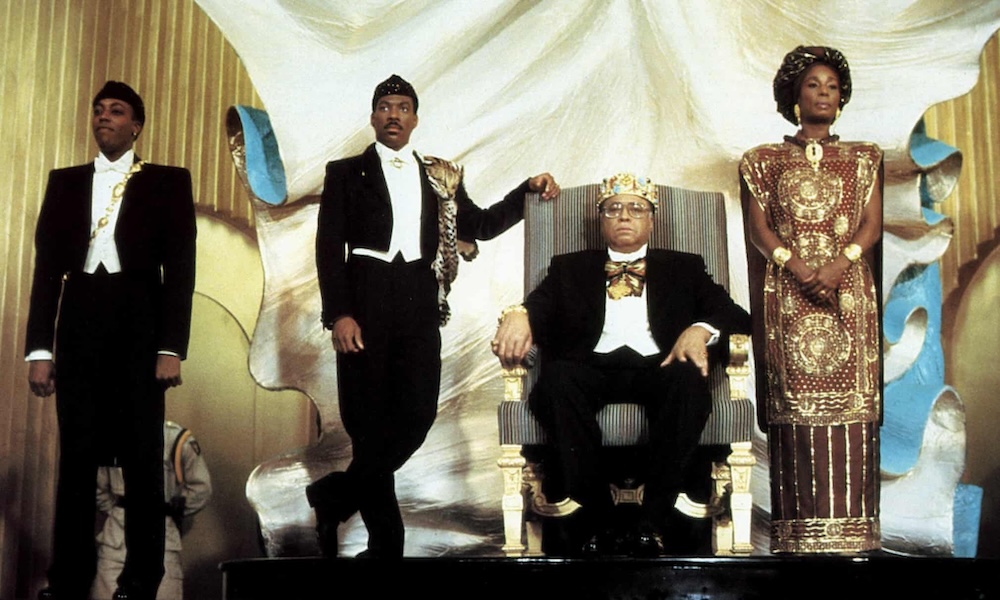
In 1969 James helped out making test films for the fledgling Sesame Street programme. As cited by production notes included in the DVD release, the short that had the greatest impact with test audiences was one showing a bald-headed Jones counting slowly to ten. I can just imagine the rumbling tones and I think I’d find it fascinating never mind if I was a pre-schooler!
What people are saying
about the RunPee app.
Water drinkers unite
Run pee is the best app for people who find themselves needing to pee a lot but also not wanting to miss any action. The app gives you the best times to use the bathroom during a movie while also telling you when to leave and which lines to listen for! It not only gives you the time you should go pee, but it also explains to you what is happening during the break. I helped I use this app every time I go to the movies now. My god father recommended this app to 5 years ago and it’s been in my phone ever since! Highly recommended.
View all reviews
Apple App Store | Google Play Store
Download RunPee app
1970 saw him reuniting with Jane Alexander to make a film version of The Great White Hope. Just as the stage play had been exceptionally well received so too was the film version. Both Jones and Alexander were nominated for leading actor Oscars. Sadly neither of them won but James did win the Most Promising Newcomer Golden Globe. He had already got fifteen TV and cinema credits to his name but as only three were for films I guess the newcomer thing is acceptable.
But it is in 1977 that he came to the role that made him a modern cultural icon…he was one of the four men who brought the character of Darth Vader to life in the original Star Wars trilogy. As we all know, Dave Prowse was the body of Vader but his mild and gentle West Country accent wasn’t suitable for the biggest baddie in modern cinema; It is easily findable on YouTube. As a result George Lucas started thinking of who he could get to do the voice over. His first thought was Orson Welles but he was too recognisable and could break the spell. Instead he went for the lesser known James Earl Jones.
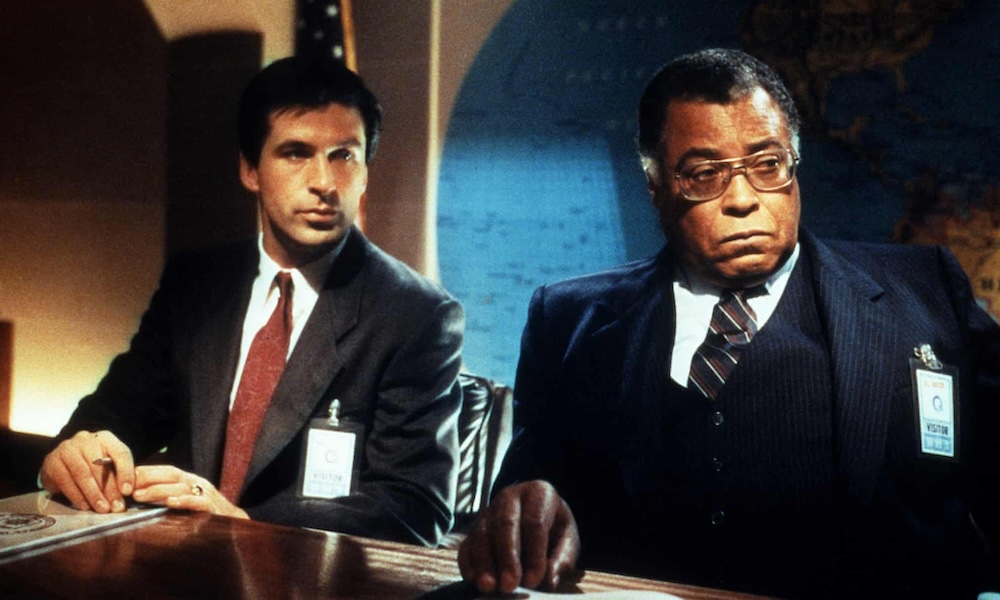
James decided not to be credited for the first couple of films. He explained why in a 2008 interview… “When Linda Blair did the girl in The Exorcist, they hired Mercedes McCambridge to do the voice of the devil coming out of her. And there was controversy as to whether Mercedes should get credit. I was one who thought no, she was just special effects. So when it came to Darth Vader, I said, no, I’m just special effects. But it became so identified that by the third one, I thought, OK I’ll let them put my name on it.” Incidentally the other two people who performed the part of Darth Vader were Sebastian Shaw who was the face when the Vader mask was removed and Olympic fencer Bob Anderson who did all the light sabre work.
But while it might seem that being the voice of Darth Vader might be the high spot of his career that would be desperately unfair. His total credits run to over two hundred and twenty five roles and he was the voice of Vader in only eleven. He was a stalwart of Shakespearian Theatre in the United States, almost an American Ian McKellen! But he played a lot more than just Shakespeare. His last stage role was Nonno in Tennessee Williams’ The Night Of The Iguana in 2017. But he kept working in cinema until his final role recreating the part of King Jaffe Joffer in the sequel Coming 2 America.
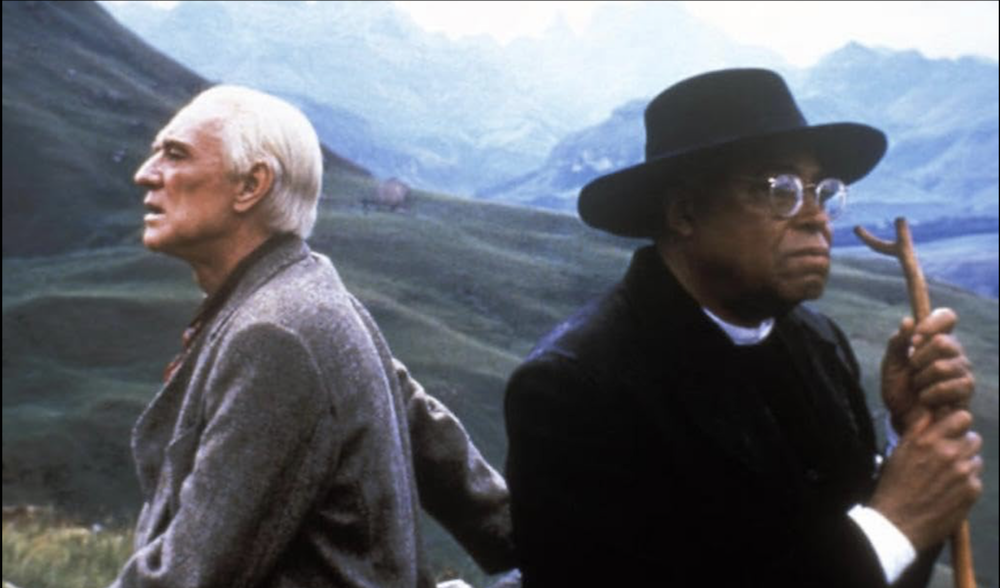
I’ve seen, or heard him in many films: from Dr Strangelove to Coming 2 America via The Hunt For Red October, Sneakers, Patriot Games, Naked Gun 33⅓: The Final Insult, Cry The Beloved Country, and many more. But one thing that stands out for me is his appearance in The Big Bang Theory. In Season 7, Episode 14: The Convention Conundrum he plays himself. He gets stalked by Sheldon (Jim Parsons) and, unlike every other celebrity who he’s met, James likes him. They spend a night together doing various things including playing knock and run on Carrie Fisher’s front door. While a lot of the situations were obviously made up the look of sheer joy on James’s face was unmistakeable. He was loving the playfulness of the episode and was definitely not taking himself seriously. He will be missed.
James Earl Jones – 17/01/1931 – 09/09/2024


Leave a Reply